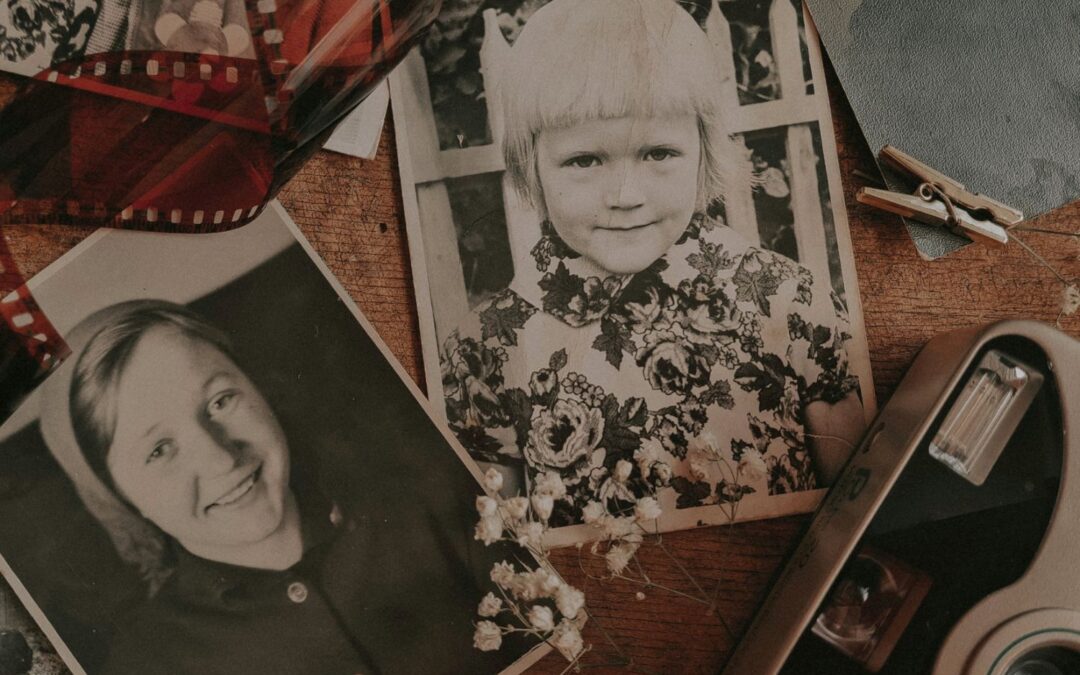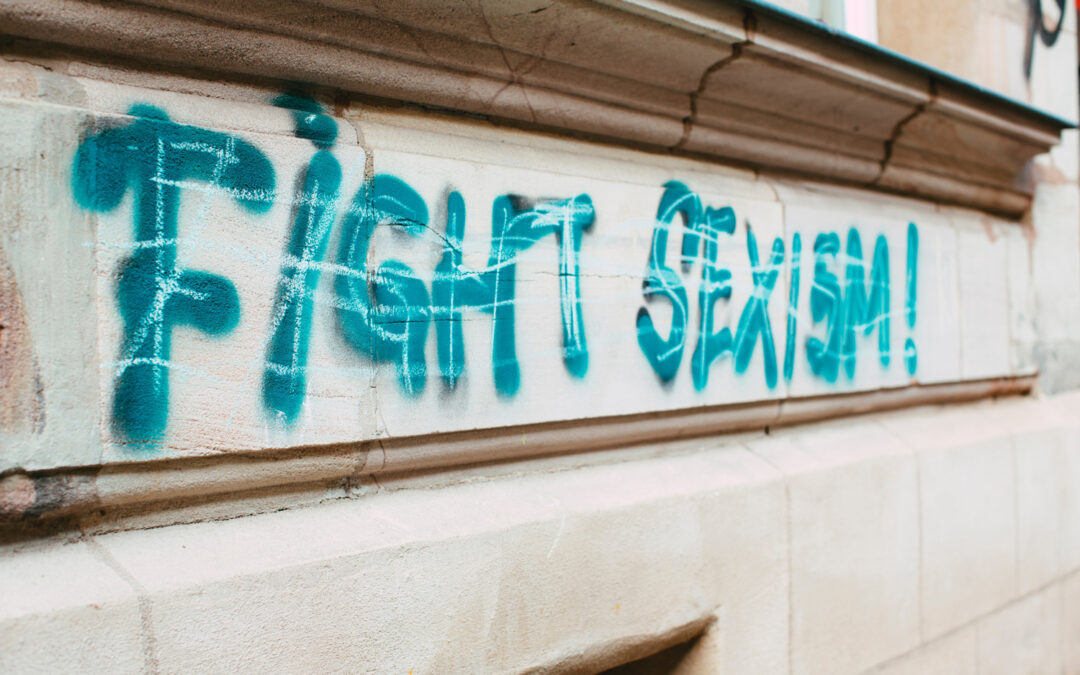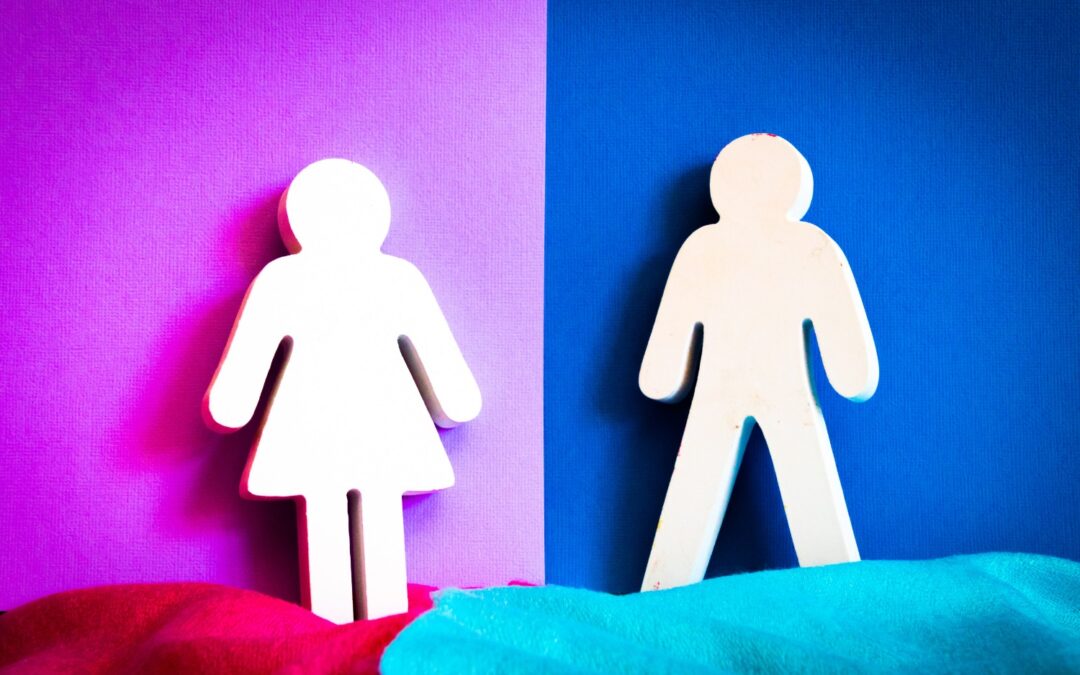A new publication called Fairer Disputations, part of the Wollstonecraft Project initiative of the Abigail Adams Institute, has as its goal the articulation of a new form of feminism “grounded in the basic premise that sex is real.” Gathering a group of scholars and writers who abide by the 18th-century feminist Mary Wollstonecraft’s “understanding of rights grounded in responsibilities,” the project seeks to facilitate the study of issues affecting women’s dignity and rights in the contemporary world. Today, there are countless instances where popular feminism has adopted a corporate, overly politicized framework which fails to address the real life-concerns of women – and alienated those who do not share the belief that gender is a choice.










